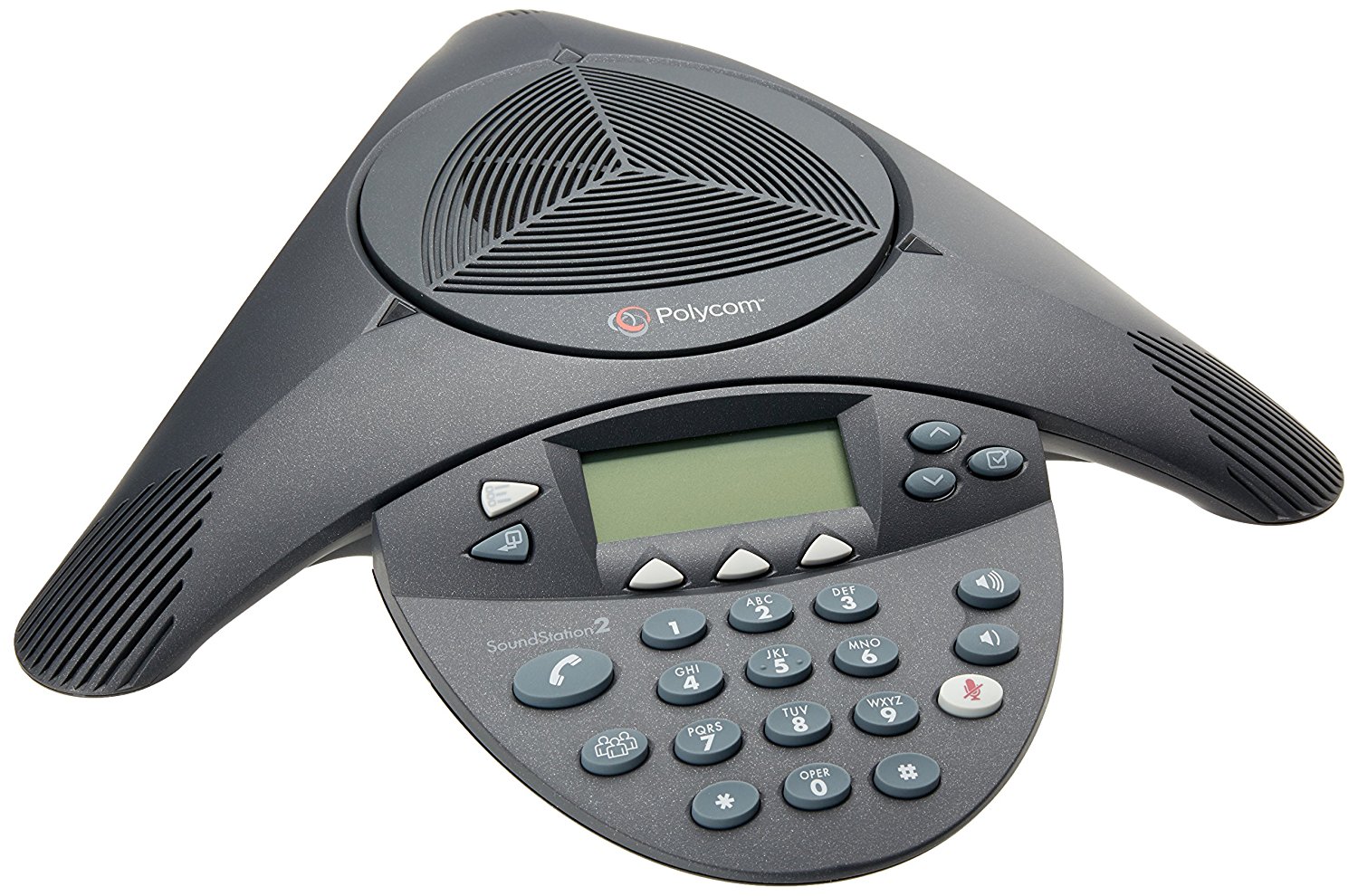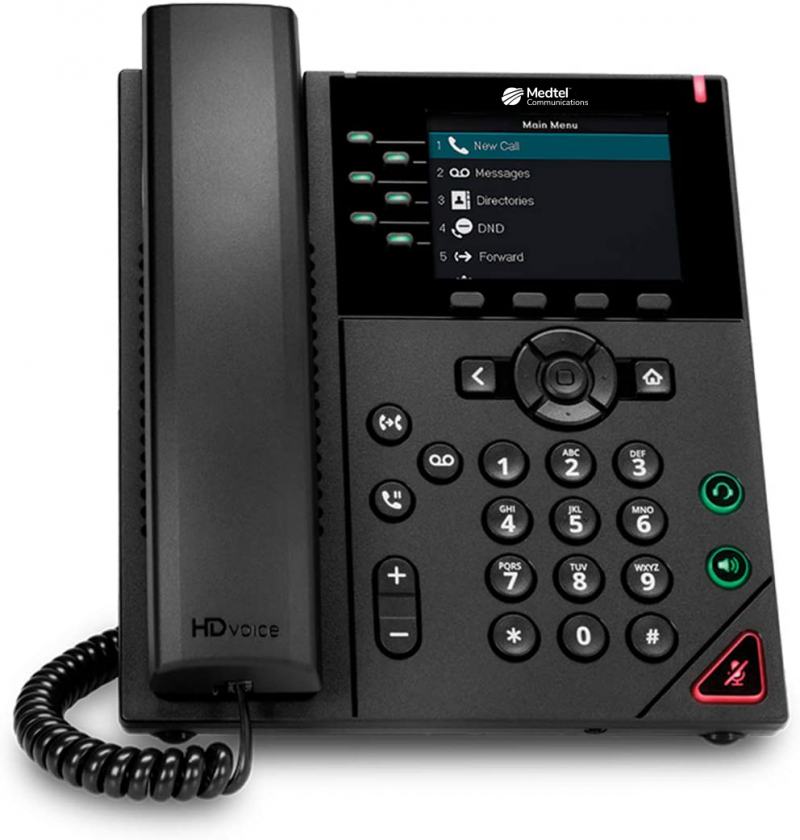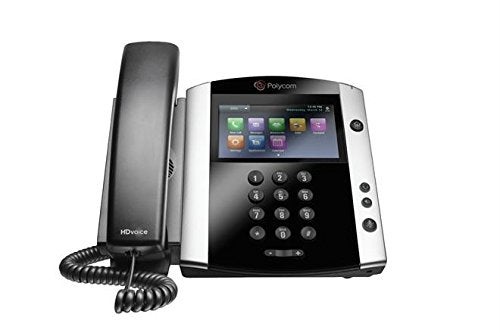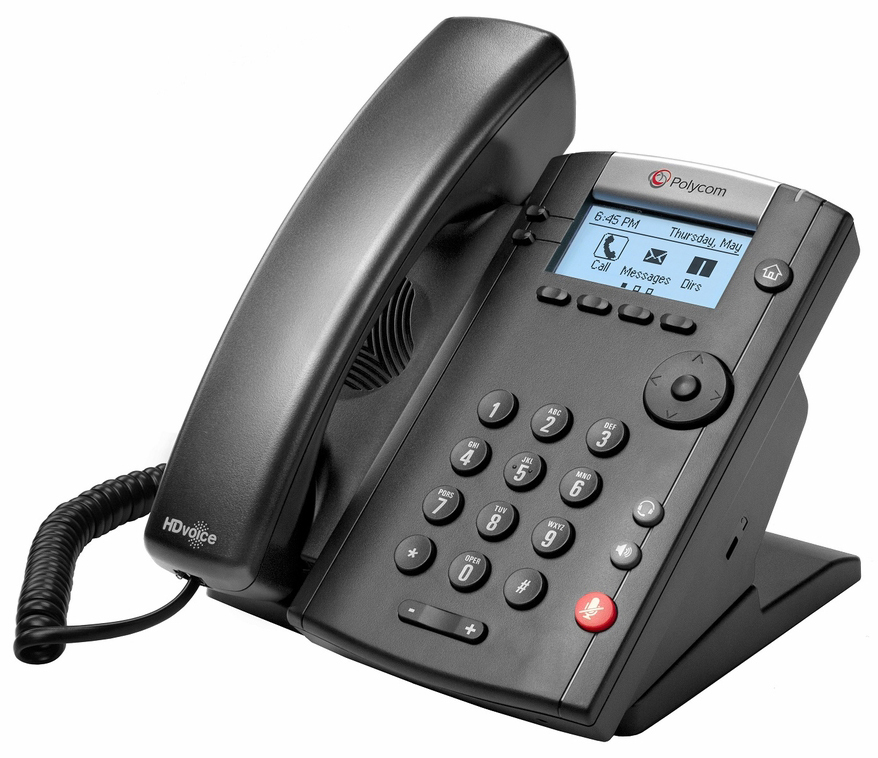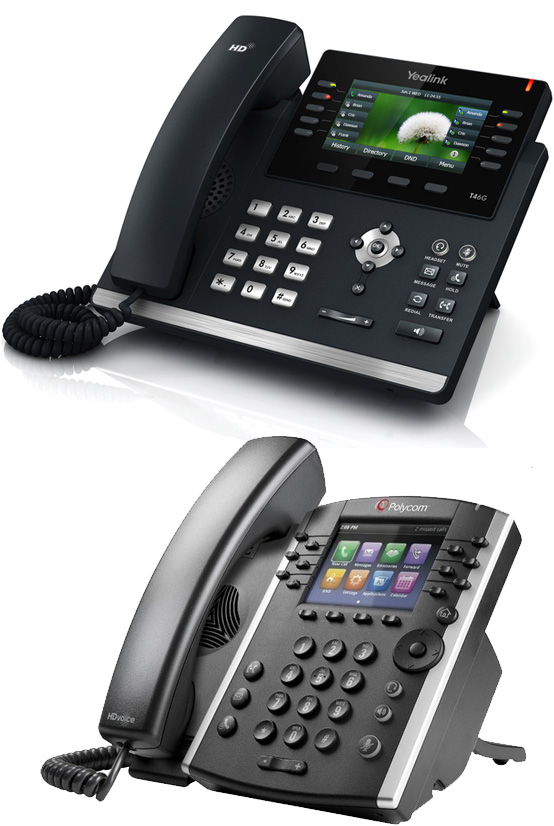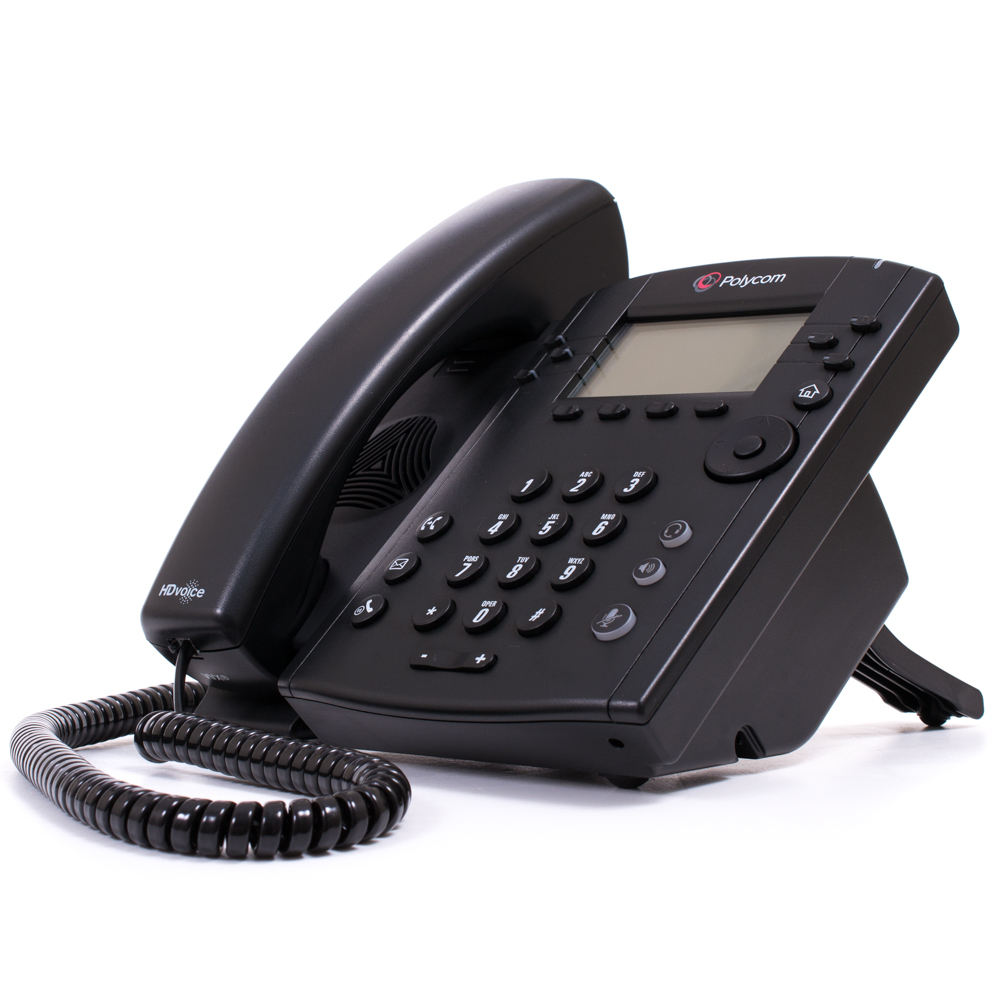Polycom Phone System For Small Business

In today's competitive landscape, seamless communication is no longer a luxury, but a cornerstone for small business success. As reliance on digital interaction deepens, the demand for sophisticated, reliable phone systems has surged. One established player, Polycom, is vying to become the communication solution of choice for small businesses.
Polycom, now part of Plantronics (Poly), aims to provide scalable, user-friendly, and feature-rich communication solutions. This article examines Polycom's offerings for small businesses, assessing their features, benefits, challenges, and overall suitability in a market increasingly dominated by cloud-based alternatives. Through examining product details, expert opinions, and industry analysis, we'll provide a balanced perspective on whether Polycom remains a viable choice for small businesses seeking to enhance their communication infrastructure.
Polycom's Core Offerings for Small Businesses
Polycom offers a range of phone systems designed to cater to the diverse needs of small businesses. These solutions typically include desk phones, conference phones, and software applications.
Polycom's desk phones are known for their high-definition audio quality and intuitive user interfaces. They come in various models, from basic single-line phones to advanced IP phones with color displays and programmable keys, adapting to the different roles within a small organization.
For conferencing, Polycom provides a portfolio of conference phones designed to facilitate clear and productive meetings. These conference phones offer features like acoustic clarity technology and wideband audio, improving the meeting experience for both in-room and remote participants.
Beyond hardware, Polycom provides software applications designed to enhance the functionality of its phone systems. These applications often include features like call management, directory access, and integration with other business applications, streamlining communication workflows.
Benefits of Implementing a Polycom System
Small businesses can reap multiple benefits from Polycom's phone systems. Clear audio quality improves communication and reduces misunderstandings. The intuitive interfaces minimize training time and increase user adoption.
Polycom systems offer features like call forwarding, voicemail, and automated attendants, enabling businesses to handle calls efficiently and professionally. Some models integrate with CRM and other applications, consolidating workflows.
The scalability of Polycom solutions allows small businesses to expand their communication infrastructure as they grow, adding lines and features as needed. This means investment now won't be obsolete later.
Challenges and Considerations
Despite its benefits, small businesses must also consider the challenges associated with Polycom phone systems. The initial investment in hardware can be significant, especially for larger organizations.
While Polycom systems are known for their reliability, they may require ongoing maintenance and support, which can add to the total cost of ownership. Older systems might not be as easily integrated with new software.
The market is saturated with cloud-based PBX systems that offer comparable features with lower upfront costs and easier management. Cloud solutions also offer enhanced flexibility and mobility, which may be attractive to businesses with remote workers.
Expert Perspectives and Industry Analysis
Industry experts offer varying perspectives on Polycom's relevance in the small business market. Some experts laud Polycom's long-standing reputation for quality and reliability, suggesting that it remains a solid choice for businesses that value these attributes.
Others argue that cloud-based solutions offer a more compelling value proposition for small businesses, citing lower costs, greater flexibility, and easier management. These systems may offer better integration with other cloud services.
Comparing Polycom to Cloud-Based Alternatives
A balanced evaluation requires comparing Polycom to cloud-based alternatives such as RingCentral, Vonage, and Zoom Phone. Cloud-based systems generally require lower upfront costs because they don't necessitate hardware purchases.
These systems are often easier to manage, with providers handling maintenance and upgrades. Polycom, on the other hand, may require more hands-on management, especially for older models.
Cloud solutions often excel in offering mobile integration and unified communications features, combining voice, video, and messaging into a single platform. However, Polycom does offer software solutions that aim to bridge this gap.
The Future of Small Business Communications
The future of small business communications is likely to be dominated by cloud-based solutions. As internet connectivity becomes more reliable and affordable, the benefits of cloud-based systems will become increasingly compelling.
Polycom, under Plantronics (Poly), continues to innovate and adapt to this changing landscape, integrating cloud-based features into its offerings. The company is trying to stay relevant by embracing hybrid solutions and focusing on niche markets, like providing reliable conference call equipment.
For small businesses, the decision of choosing between Polycom and cloud-based alternatives hinges on weighing factors like budget, technical expertise, and specific communication needs. While Polycom remains a reliable option, businesses should carefully evaluate the pros and cons of each approach before making a decision.

